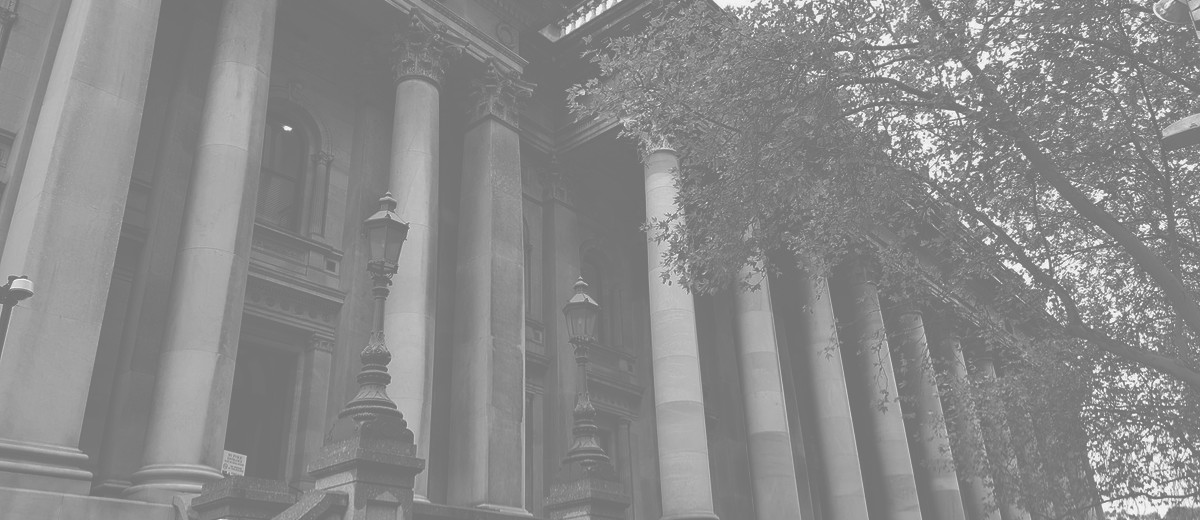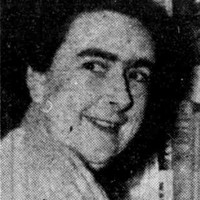Person
ContributeJessie Mary Cooper (née McAndrew) (1918–1993) was the first woman elected to South Australia’s parliament. Sydney-born, she graduated from the University of Sydney in 1936. She married Geoffrey Cooper, Army officer and South Australian industrialist, in 1940, and became the calm and capable secretary of Australia’s largest girls’ boarding and day school. Moving to South Australia after the Second World War, the Coopers lived in the eastern Adelaide suburb of Burnside, where their son was born.
Cooper joined the local Liberal and Country League Branch, became secretary and then president, and served on the State Executive for ten years. Seeking pre-selection for the Legislative Council’s Central District No.2 in December 1952, two ageing representatives of the district ensured her failure by exchanging preferences, a lesson she remembered. She gained endorsement in 1958, but faced an unprecedented challenge three weeks before the March 1959 election. Two male Liberal Party members applied for a Supreme Court order directing the returning officer to reject nomination of any woman candidate for the Legislative Council. Labor endorsed a woman, Margaret Scott, for the same district.
The result depended on interpretation of South Australia’s Constitution. Did the word ‘person’ include women? Did the legislation allow women to sit and vote in the Legislative Council? Was the court empowered to decide the question? Five days before the election the court ruled that the order sought was outside its jurisdiction; the question must be determined by parliament. Jessie Cooper was elected comfortably, the poll declared an hour before Joyce Steele’s win of a lower house seat. The Playford government, backed by the opposition, soon passed the Constitution Amendment Act to affirm women’s right to enter parliament.
Cooper’s wide-ranging address-in-reply speech included comments on education and a far-sighted proposal for Australian schools of ‘Oriental’ studies and languages. While a member she pursued many issues thoroughly, concisely and with understated humour. Conservative regarding labour and industry, she worked particularly for women’s rights (including equal pay), children’s welfare and sound public economic management. On principle, in 1979 she crossed the floor (with two Liberal men) to support the Labor government’s Santos (Regulation of Shareholders) Bill. The action ensured its passage and enraged many colleagues. Soon afterwards she retired from her 20 years’ pioneering parliamentary service.




Comments
CommentAdd new comment
The Penguin Club of Australia is proud that Jessie Mary Cooper was an early member. Achieving such a significant milestone in the emancipation of women in South Australia deserves much praise albeit posthumously. We will be featuring her achievements in our "Memorable Members" event at Strathalbyn on 4th July 2019 to commemorate the 125th anniversary of women's suffrage in South Australia.
That's wonderful Jan, thanks for sharing.